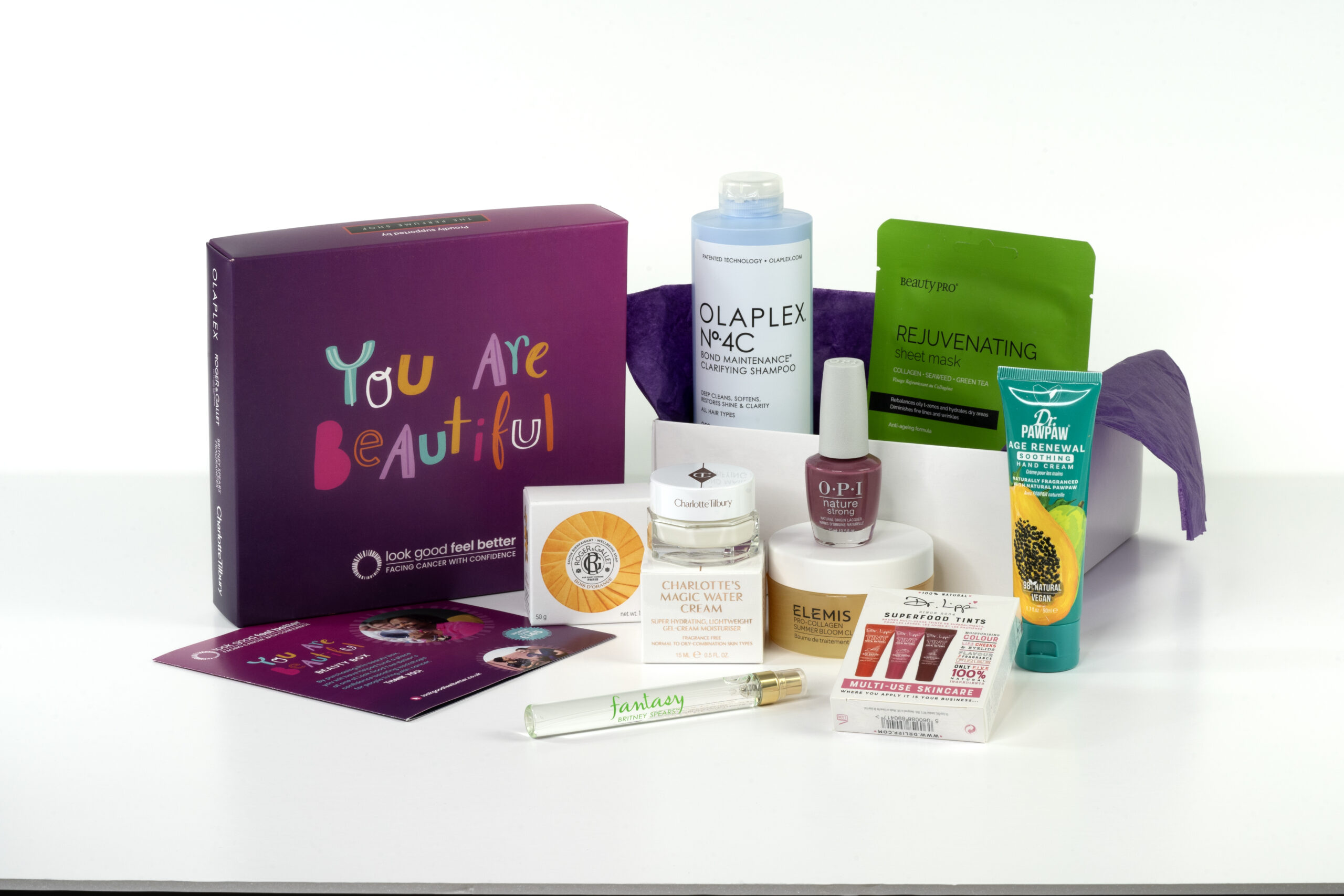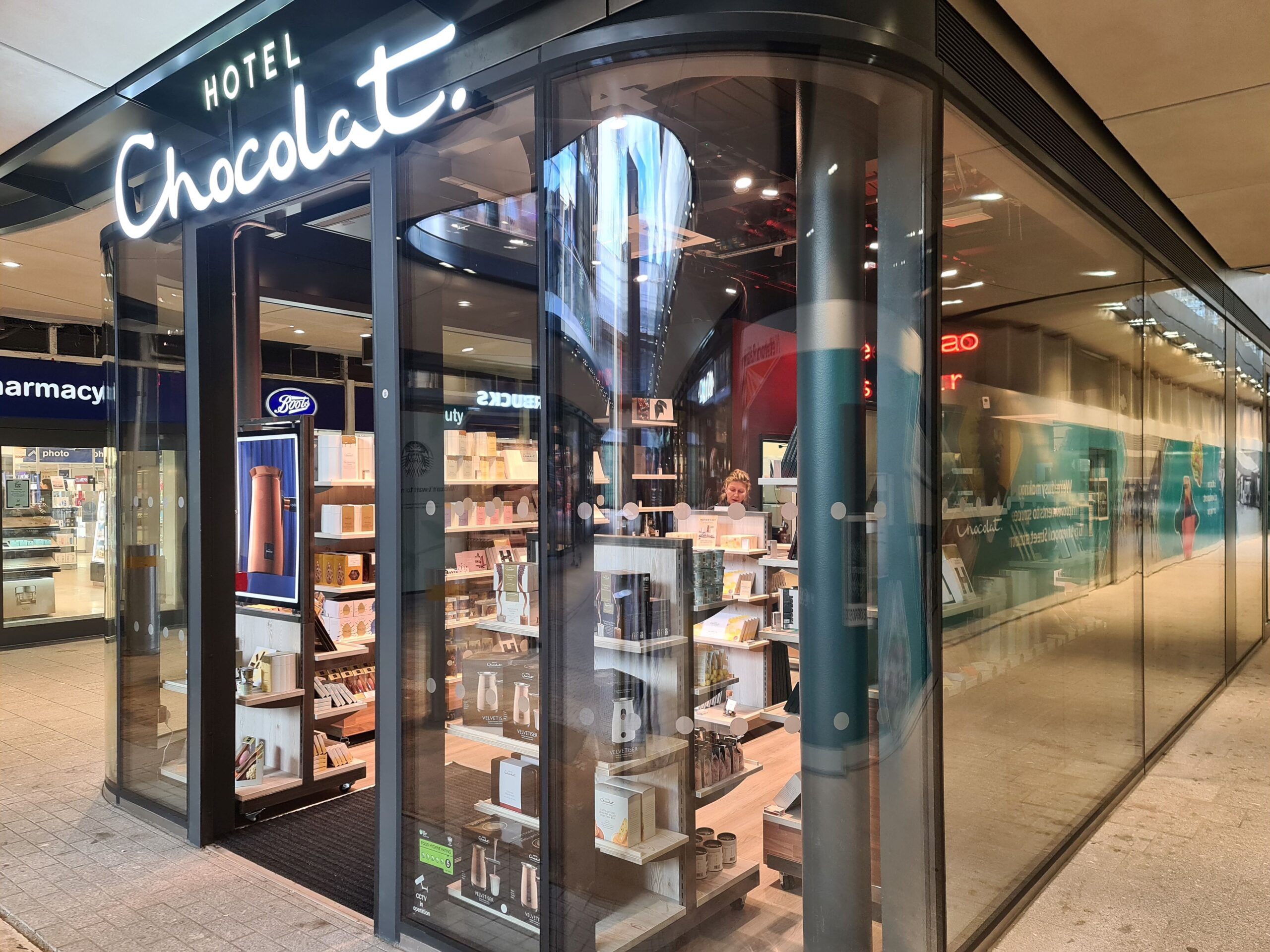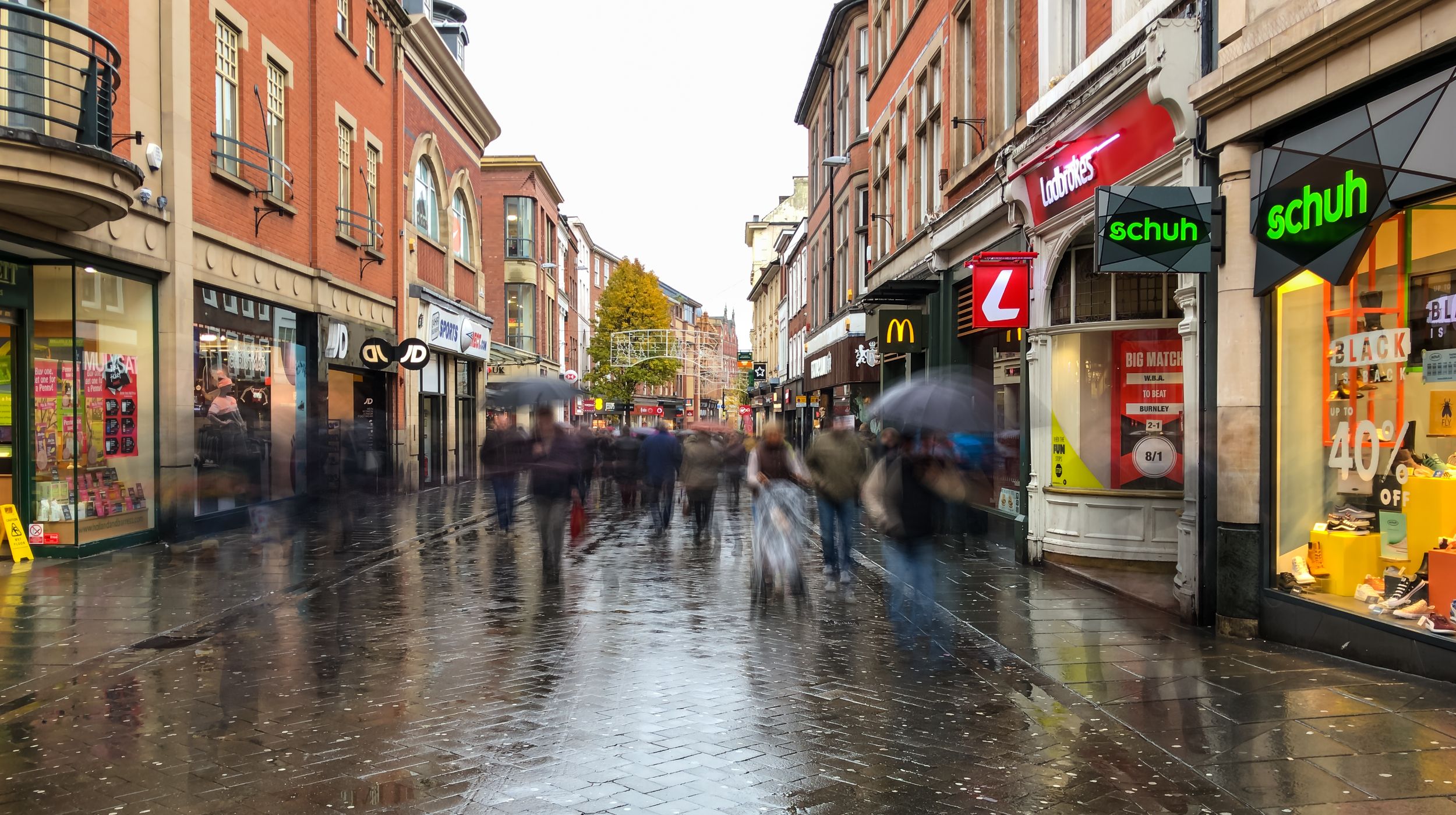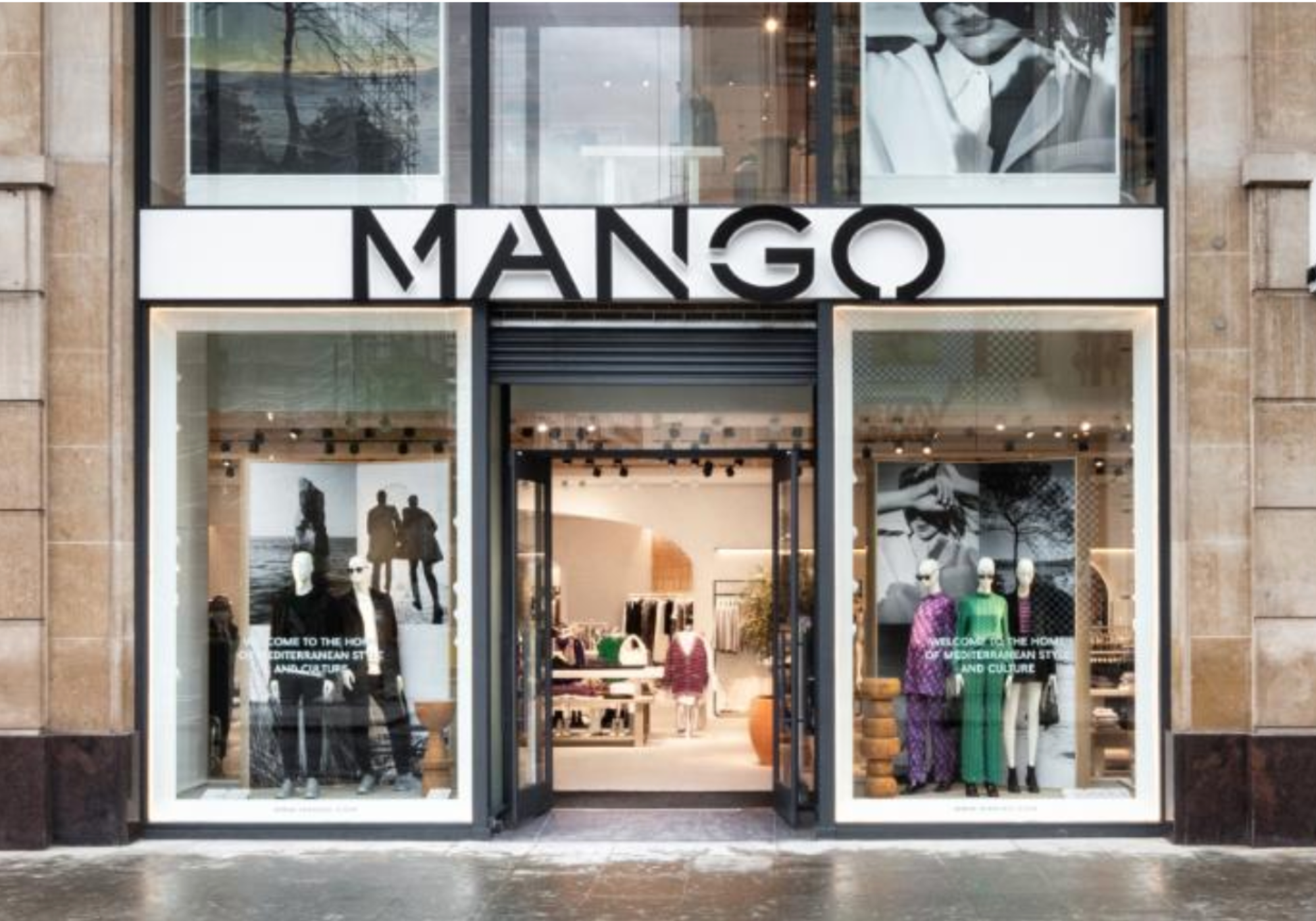Essential expenditure in March rose modestly by 2.2%, boosted by a 4.1% growth in petrol spend, while supermarket sales contracted 0.5%. Meanwhile, non-essential spending saw year-on-year growth of 3.4%.
But don’t get excited: these figures are particularly buoyant because they are compared with March last year, when spending was heavily impacted by severe weather conditions caused by the ‘Beast from the East’.
The data from Barclaycard, which sees nearly half of the nation’s credit and debit card transactions, also shows that pubs and restaurants helped non-essential spending see strong growth this March, recording uplifts of 15.1% and 12.1% respectively, as UK shoppers made the most of the opportunity to relax and dine out.
In line with the milder weather this March, garden centre spend increased 34.2% year-on-year with shoppers buying tools, plants and other items to spruce up their outdoor space. In contrast, there was no respite for clothing retailers, as sales saw their sixth consecutive month of decline, contracting 2.4%. Department store spending also contracted 4.7% as the retail sector continues to face challenges.
Amidst ongoing political and economic uncertainty, confidence in the UK economy has fallen to its lowest level since Barclaycard began tracking this data in 2014, with nearly seven in ten (69%) saying they are not confident in the current environment.
Furthermore, almost half of Brits (46%) are worried that their quality of life will decline due to Brexit. Just over three in ten (31%) are concerned that the rising cost of everyday items will make life harder for them and 17% are worried about shortages of medicines and other emergency products.
On a brighter note, many Brits remain committed to spending on non-essentials, with 40% saying that they will always spend on certain nice to haves – with social events, quality food and mini-breaks topping the list. One in ten even admitted they will never part with personal entertainment, such as their Netflix subscription.
Esme Harwood, Director at Barclaycard, says: “In contrast to the extreme weather conditions experienced last year, a milder March resulted in an uplift in spending, with consumers dining out and making the most of the welcome sunshine.”
She continues: “Despite this, underlying sentiment is cautious. March was characterised by ongoing uncertainty around Brexit, with consumers concerned about an impact on food prices and supplies. In light of this, consumer confidence in the UK economy is the lowest it’s been since we began recording this data.”
The news comes on the back of figures from the British Retail Consortium(BRC) also out this week that paint a far less rosy picture. It finds that retail sales slowed in March as Brexit uncertainty deepened during the month, while at the same time shoppers continued their longer-term shift from buying in-store to online.
According to the BRC, some 29.9% of retail sales took place over the internet during March, up from 28.5% a year earlier. However, in-store sales, measured over the three months to March, were down by 1.5% in total, and by 1.7% on a like-for-like basis.
Over the lower term, total average in-store sales declined by 2.1% over the last 12 months. Online sales grew by 4.5% over the three months to March, and by 6.4% over the last 12 months.
Helen Dickinson, chief executive of the BRC, says: “Retail sales slowed in March, even when the Easter distortions were accounted for, as greater uncertainty caused people to hold off from splashing out. While jewellery, beauty proudest and clothing purchases were all up to indulge on Mother’s Day, shoppers were generally cautious not to overspend, particularly on larger items.
“Brexit continues to feed the uncertainty among consumers. For the sake of everyone, MPs must rally behind a plan of action that avoids no deal – and quickly – or it will be ordinary families who suffer as a result of higher prices and less choice on the shelves.”






